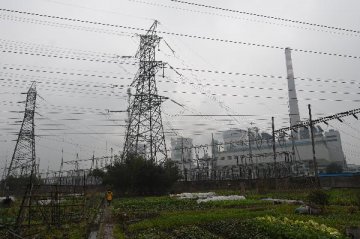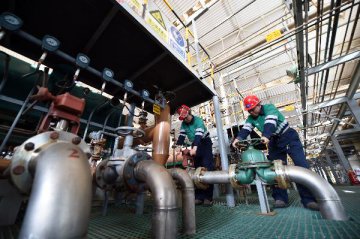
The State Council, China's cabinet, issued on Thursday a comprehensive plan on energy conservation and emission reductions for the 2016-2020 period.
The plan listed 11 detailed measures to push forward China's energy-saving and emission-reduction work, including reducing the coal consumption rate, promoting energy consumption in key areas, intensifying pollutant emission control, developing the circular economy, improving technological support, increasing financial policy support and enhancing management.
According to the plan, China's total energy consumption will be capped at 5 billion tonnes of coal equivalent by 2020. This will translate into a 15-percent reduction of energy use per unit of GDP by 2020.
China's GDP grew 6.7 percent in the first three quarters of 2016, on track to achieve the government's goal, but the country is also confronted by challenges, including environmental degradation.
Nearly 62 percent of 338 Chinese cities monitored by the Ministry of Environmental Protection suffered from air pollution on Wednesday.
Coal is the main energy source in China, accounting for 64 percent of total energy consumption in 2015.
Many Chinese cities have suffered from frequent winter smog in recent years, triggering widespread public concern. Emissions from coal are cited as a cause of the high concentration of breathable toxic particulate matter, known as PM 2.5, which causes smog.




















Latest comments